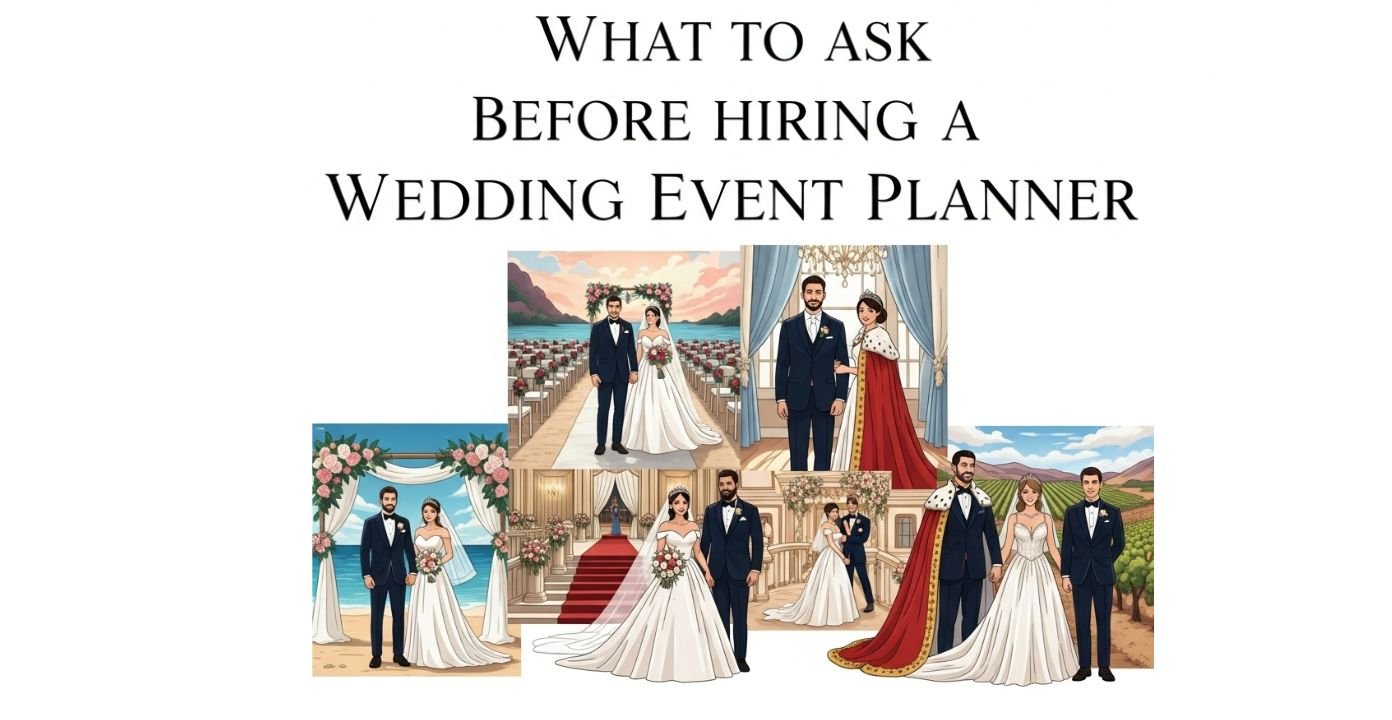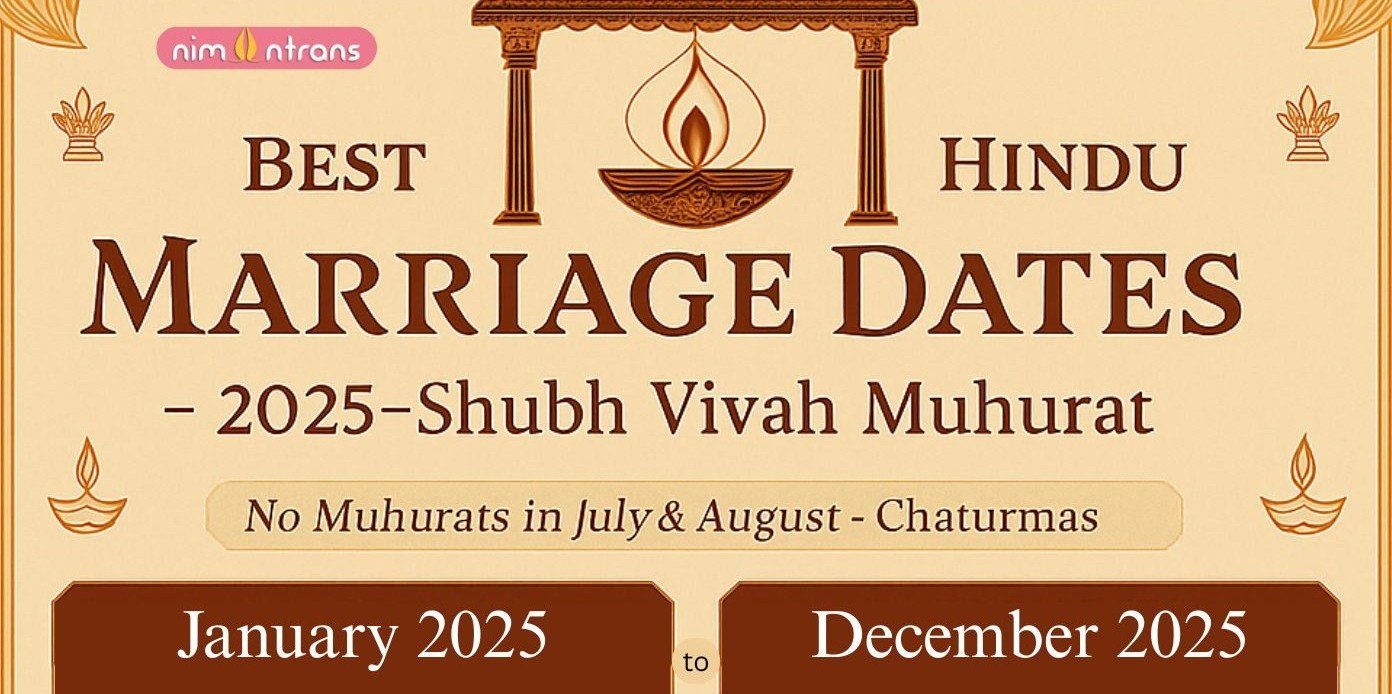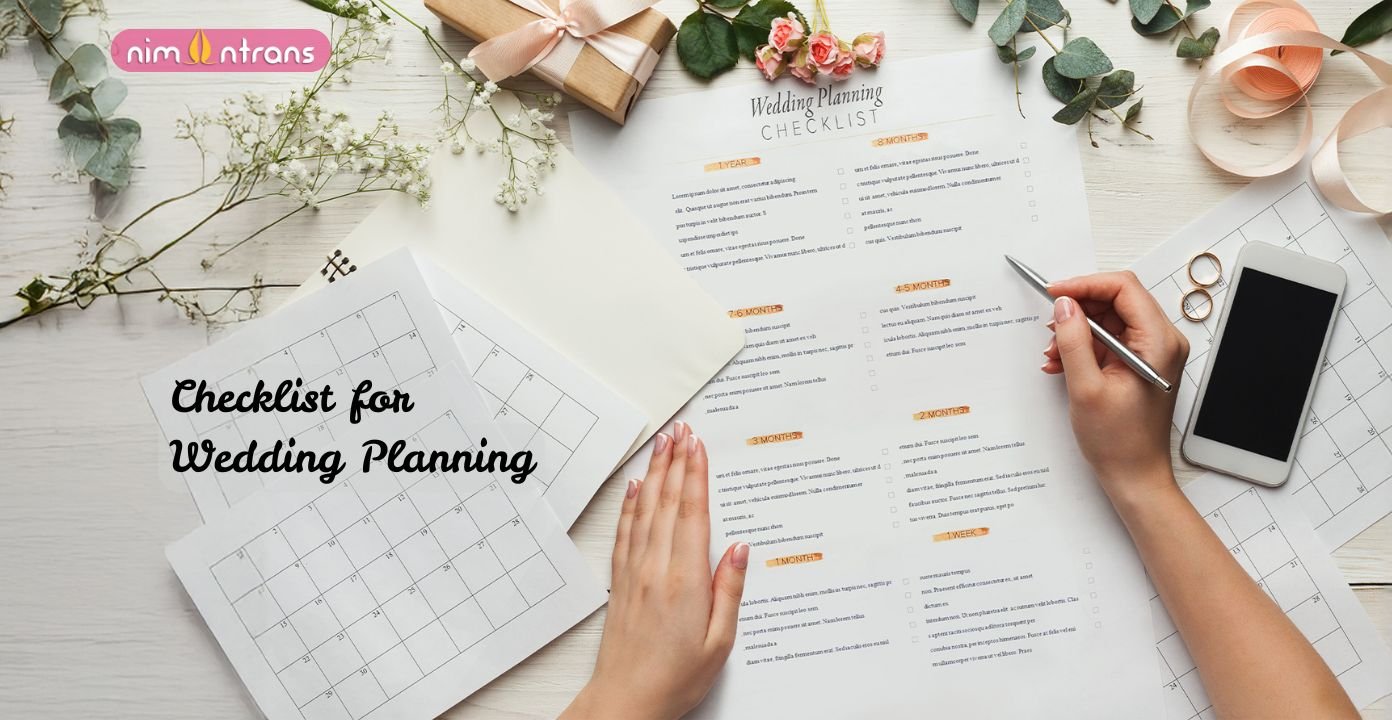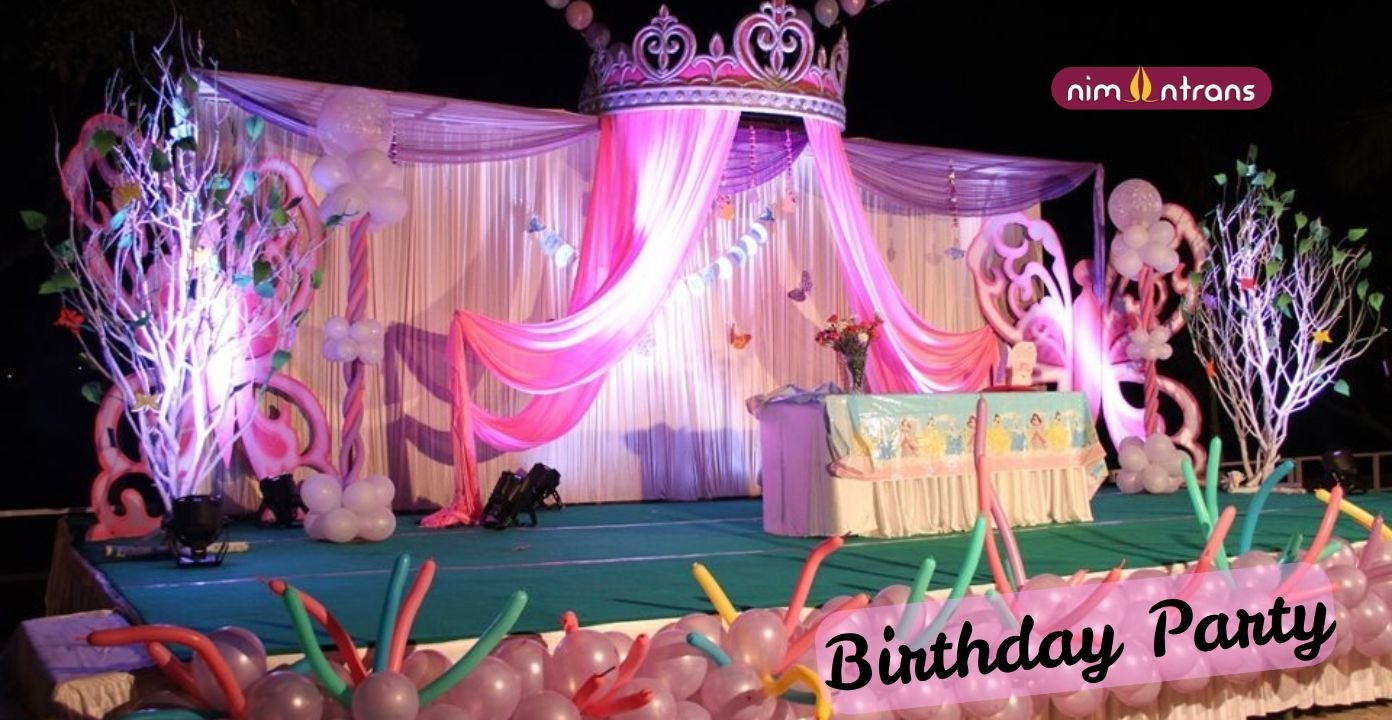Planning a wedding can be both thrilling and overwhelming. You have a vision for your big day, and you want everything to run smoothly. Hiring the right wedding planner can make that vision a reality and keep stress to a minimum. To make sure you find a planner who truly fits your style and needs, it helps to ask smart questions from the very beginning.
Choosing a planner involves finding a partner who understands your personal style and vision. Experienced wedding professionals advise asking about both experience and design approach – for example, request to see photos of real weddings they’ve planned. The sections below list 30 key questions to guide your conversation. Each question comes with a brief explanation of why it’s important, so you can feel confident you’re covering all the bases.
Planner's Background & Experience
1. How long have you been a wedding planner, and how many weddings have you planned?
- You want someone with proven wedding experience. Wedding-specific experience is crucial because weddings have unique emotional and logistical demands. An experienced planner will have run into (and solved) a wide range of scenarios, making them better prepared for your celebration.
2. How many weddings do you handle at one time, especially around our date?
- It’s important to know if your planner will be juggling multiple clients or focusing on just your day. You want their full attention as your wedding approaches. In practice, most planners work with several couples at once, but they should be honest about their workload so you know if your date might conflict with other events.
3. Who will be planning our wedding, and what is their background?
If the planner is part of a company, ask who exactly will be your main contact. It might be the owner or a senior planner, or it could be a less experienced associate. Clarify who will actually be at your planning meetings and on your wedding day. Ask about that person’s experience (for instance, whether they’ve worked at your venue before) to ensure they’re up to the task.
4. Can we see samples of weddings you’ve planned?
- Reviewing a planner’s portfolio is a great way to gauge their style and quality. Ask to see photos or descriptions of real weddings (not just styled photo shoots) that they’ve organized. Seeing actual past events helps you judge whether their aesthetic and professionalism match your expectations.
5. Do you have references from past couples (or vendors) we can contact?
- Talking to previous clients or partner vendors can give you insight into a planner’s reliability and style. A professional planner should be happy to provide references. In fact, wedding experts say a planner’s willingness to share contacts speaks volumes – they should readily give names of recent couples or vendors so you can do your homework.
Wedding Vision & Style Compatibility
6. How will you make sure our wedding reflects our personalities and vision?
- Your planner should act as an advocate for your style. They should listen carefully and “ask for what you want” when dealing with vendors. Explain your ideas for themes, colors, and the atmosphere you want. Make sure the planner seems excited and committed to bringing your personal vision to life.
7. Can we see weddings you’ve planned that match the style we want?
- It’s helpful if the planner has experience with weddings similar to yours. Ask to see past weddings with a similar size, theme or venue. A great planner will have photos of real events that align with your taste. For example, if you want an outdoor boho wedding, seeing an example will reassure you they can deliver that look.
8. What are some of your favorite weddings you’ve planned, and why?
- This question reveals what kind of events your planner is most passionate about. Their answer will show you whether their style and sensibility match yours. If their favorite weddings sound very different from your dream (e.g. they love grand ballroom affairs but you’re planning a rustic barn wedding), they might not be the best fit.
9. What creative ideas do you have for bringing our vision to life?
- Once you describe your theme or special touches, listen to the planner’s response. They should suggest ideas that build on what you want. If their suggestions completely miss the mark (for instance, you say “rustic outdoor wedding” and they only talk about ballrooms), it could mean they’re not hearing you. Asking this helps ensure you’re on the same page creatively.
Budget & Pricing Structure
10. What is your pricing structure, and will there be any extra costs?
- Planners charge in different ways: flat fee, hourly rate, or a percentage of your budget. Get clarity on how they charge so you can compare with your budget. Also ask if anything else is extra – for example, will travel, set-up overtime, parking fees, or other expenses be added on top of the base fee. Knowing this up front prevents surprises later.
11. What is the typical budget range for weddings you plan?
- Ask about the budgets of couples they usually work with. This helps you know if you’re in the right range. Some planners have minimum budgets or styles they specialize in. If your budget is much lower than their usual projects, there could be tension or disappointment later. If your budget is right in line with their average, they’ll be comfortable finding vendors within your means.
12. Will you help us create and manage our wedding budget?
- Many planners help couples allocate funds effectively. Ask if they’ll help you break down your total budget among categories (venue, catering, decor, etc.). A planner who offers budgeting guidance can be a big asset, helping you get the most value and keeping costs on track.
13. Do you require a deposit or signed contract, and what is your payment schedule?
- Find out the booking process. Most planners will require a signed agreement and a deposit to hold your date. Ask how much the deposit is, when payments are due, and what the refund (if any) is if you have to cancel. Getting these terms clearly spelled out now means you won’t be caught off guard by payment deadlines.
Vendor Networks & Management
14. Do you have preferred vendors or a go-to vendor list we can use?
- One of the benefits of hiring a planner is access to their network. Planners often have a list of trusted vendors (florists, caterers, photographers, etc.) they love to work with. Ask if you’ll have the option to use those vendors. Some planners even get special perks or discounts for clients who book their preferred vendors. This can save time and possibly money, but also ask if you’re free to choose your own vendors if you prefer.
15. How will you assist us with vendor selection and booking?
- Clarify how involved the planner is in choosing and booking vendors. For example, some full-service planners will present you with recommendations and handle all communications, while others will simply suggest names and let you take it from there. Ask what their process is (who researches vendors, who makes phone calls, and who finalizes contracts). You want to know how much work they will take off your plate versus how much will still be your responsibility.
16. If we have our own vendor ideas, will you work with them?
- Make sure your planner is flexible. You may find a vendor you love independently. Ask if they’ll coordinate with outside vendors not on their list. A good planner should work well with anyone who’s professional and align with your vision.
Day-of Coordination & Logistics
17. How many hours will you be on-site on our wedding day, and what tasks will you manage?
- Ask for a day-of timeline. Planners may be on-site from morning through the reception, or for fewer hours depending on your package. Find out exactly what’s included. Will they handle venue setup, ceremony cues, timing of events, and breakdown? Get specifics so you know what to expect. For example, one planner suggests confirming tasks like whether they’ll set out name cards or manage last-minute calls.
18. How many assistants or additional staff will be at our wedding?
- If you’re having a big event, ask how large their team will be on the day. You want enough people helping that nothing is missed. The planner should tell you how many coordinators or assistants will be there. For instance, will it be just the lead planner and one helper, or a larger crew?
19. Will you attend our rehearsal dinner or other related events?
- Clarify which events your planner will handle. Some couples want their planner at the rehearsal dinner, engagement party, or showers. Ask if these can be included, or if they only cover the ceremony and reception. It’s best to know in advance so you can plan accordingly.
20. How will you create and manage the day-of timeline?
- A key duty of a planner is coordinating logistics on the wedding day. Ask how they ensure everyone follows the schedule. They should outline their system – for example, do they make a minute-by-minute timeline for vendors and the wedding party? A professional planner will have a strategy to keep everything on track, so that you and your guests can relax without worrying about timing.
Communication & Availability
21. What is your preferred method of communication, and how quickly do you respond?
- Know how the planner likes to communicate. Some prefer email, others phone calls or text messages. It’s also wise to discuss expected response times and boundaries. The planner should tell you how often they’ll check in (weekly calls, email updates, etc.) and how reachable they are. Clarifying this up front – for example, whether they check email during weekends or evenings – will help set clear expectations.
22. What are your usual working hours? Are evenings or weekends possible?
- Make sure your schedules align. If you can only meet on weekends or evenings, ask if the planner is available then or if they have set office hours. This ensures you won’t struggle to get meetings or answers when you need them.
23. Who will be our main point of contact, and can we reach you at short notice if needed?
- Confirm who you call with questions. If it’s not the lead planner, be sure you know your designated contact. Also ask how best to reach them in a crunch (phone, text, email) and what “short notice” means for them. This way you know exactly how to communicate as the big day approaches.
Crisis Management & Problem Solving
24. What is your backup plan if you or a team member can’t make the wedding day?
- Even the best plans can face emergencies (illness, family issues, etc.). Your planner should have a contingency in place. For example, they might assign another senior coordinator or experienced assistant to step in. Ask about this explicitly so you’ll have peace of mind that someone qualified will run the show if your primary planner is unexpectedly unavailable.
25. How do you handle unexpected problems on the wedding day?
- Never hesitate to ask about “what-if” scenarios. A seasoned planner will have ideas like alternate suppliers on call, extra supplies on hand, or quick solutions for common hiccups. In fact, experts recommend asking for details on how they stay organized and solve issues. This shows you how they’ll keep your day on track despite any glitches.
26. Can you share a real example of a problem you solved for a wedding?
- Hearing about a past challenge can be very revealing. It might be a forgotten cake delivery or a sudden rainstorm. The planner’s description of a specific situation (and how they handled it) will give you confidence in their problem-solving skills. If their story makes you feel assured, they likely have the calm and experience you need.
27. Do you carry liability insurance to protect us if something goes wrong?
- Professional planners typically carry insurance to cover accidents or damages. For instance, if a spilled wine or a décor mishap damages the venue, insurance should cover the costs. It’s important to ask about this – your planner should have both personal liability and professional indemnity insurance to protect your interests on the big day.
Contract & Legal Considerations
28. Can we review your contract before committing, and what does it include?
- Always ask to see the planner’s contract. It should clearly outline what services are provided (pre-wedding planning, day-of coordination, etc.) and what fees are covered. Make sure travel fees, parking, or any other potential charges are spelled out in writing. Reading the fine print now ensures you won’t face surprise expenses later.
29. What is your cancellation or postponement policy?
- Inquire about refunds and deadlines in case plans change. Some planners require a certain notice period for a partial refund, while deposits might be non-refundable after a point. It’s crucial to understand any cancellation or rescheduling terms in advance so you know what happens if your date needs to move.
30. Are there any extra fees we should expect (travel, parking, overtime, etc.)?
- Confirm all out-of-pocket costs. Even if a planner’s base fee seems reasonable, ask specifically about travel reimbursement, parking charges at the venue, overtime fees if the party runs late, or any other “extra” costs. These should all be included or at least noted in the contract. That way, your total expenses are transparent from the start.
Each of these questions will help you assess how well a wedding planner will meet your needs. By covering experience, style, budget, vendors, logistics, communication, crisis management, and contract details, you’ll be sure to find a planner you trust. A little upfront homework now means a more relaxed and joyful wedding day later.
Sources: Advice and tips on these questions are compiled from wedding planning experts and planning blogs, ensuring you get practical guidance for your big day.







